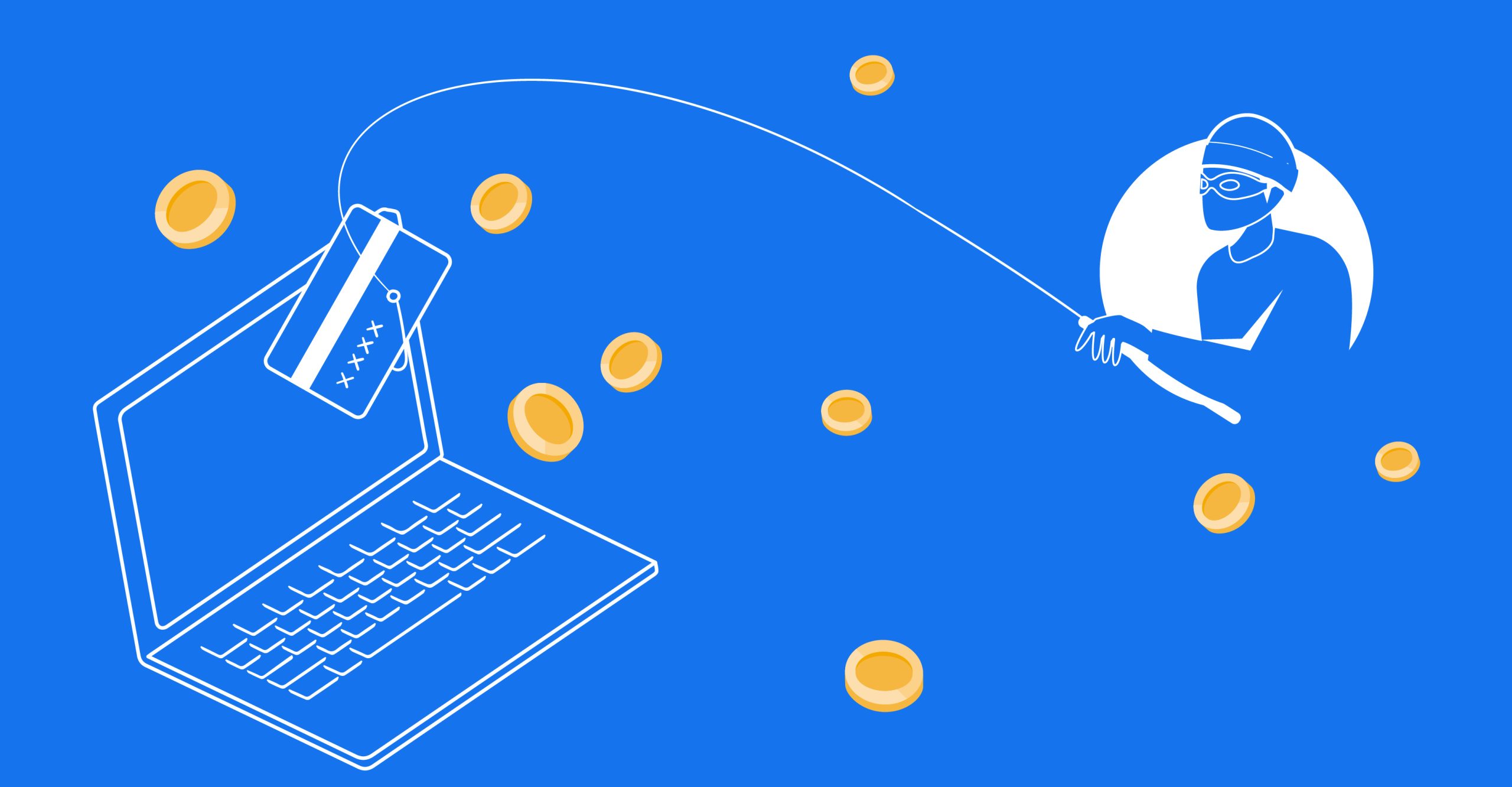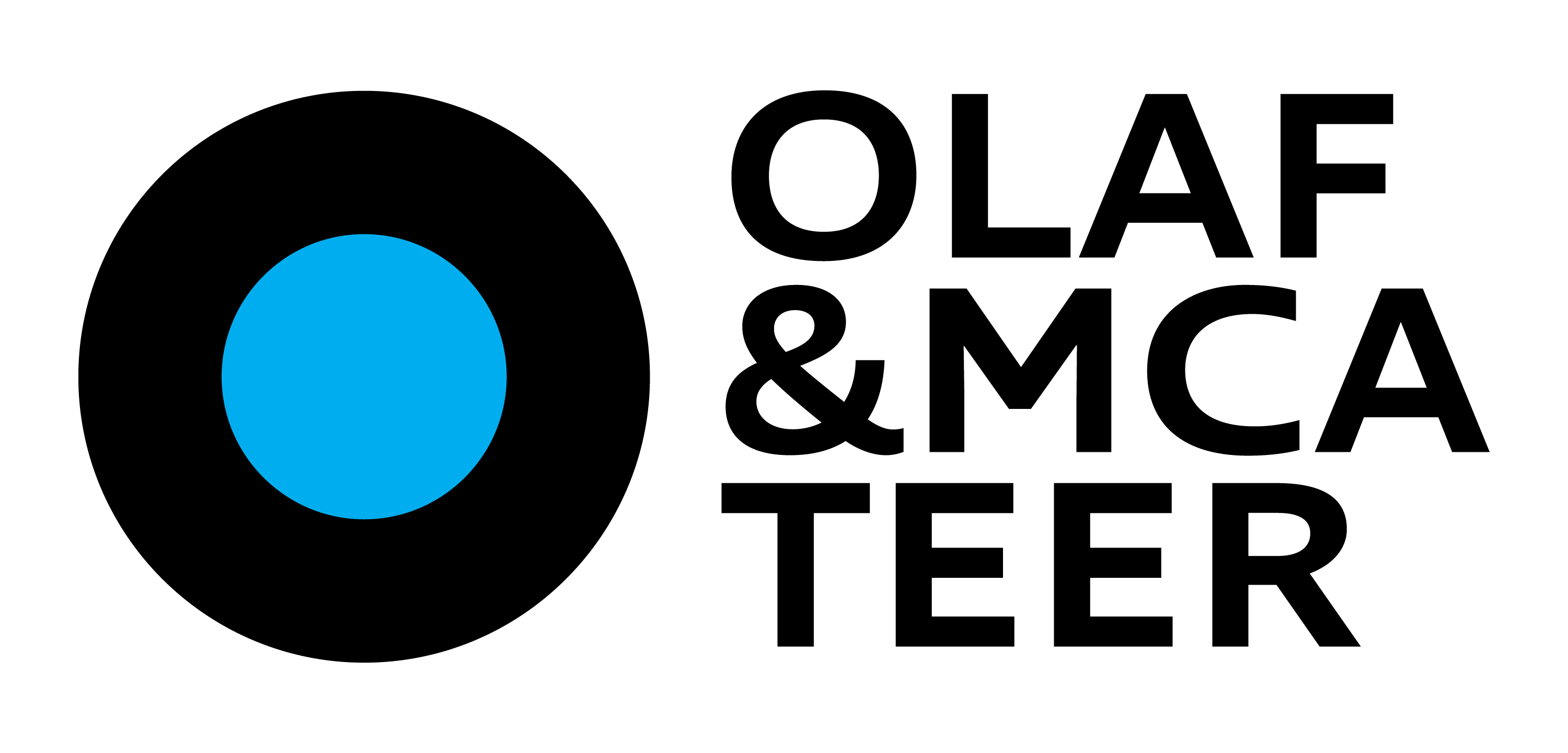
How to avoid falling for the latest hacking attack
New trends and applications in the online world not only bring favorable prices, easy management of your finances, or access to the global market but also an increased risk of hacking attacks and misuse. Scammers are using sophisticated methods to deceive users and take control of their devices, with one of the latest tactics involving the misuse of remote access applications such as AnyDesk, TeamViewer, VNC, LogMeIn, and some lesser-known ones.
These applications, which are typically intended for technical support and remote management, are being used by scammers to gain access to your personal and financial data, which they then exploit for theft of funds, identity, or even to activate eBanking services without your knowledge.
Specifically, these criminals often contact clients posing as technical support, representatives of banks, or other financial institutions, claiming that applications like these enable support for financial transactions, stock trading, or cryptocurrencies. In reality, installing these applications allows them to take control of your device and carry out unauthorized fund transfers or other forms of misuse.
To protect yourself from such scams, it is important never to install remote access applications at the request of unknown individuals or organizations. While these applications are useful for legitimate purposes, they can be misused if they fall into the wrong hands. If you have already installed any of these applications on your device, it is recommended that you uninstall them immediately and inform your bank of the potential threat.
These types of scams and manipulations are just another form of increasingly subtle phishing attacks, where scammers attempt to obtain your personal information. They use various tools—fake emails, SMS messages, applications, or websites that appear legitimate, exploiting the names of major brands, banks, retail chains, or mobile operators.
As these types of scams are increasingly circulating among citizens, it is crucial to stay vigilant, and we bring you some tips that will help you protect yourself from phishing.
- Avoid installing applications such as AnyDesk, TeamViewer, and LogMeIn unless you are certain they come from a trusted source. If you are unsure, consult with an IT expert or your bank before downloading any software.
- If you receive an unexpected call or message asking you to install software or share personal information, immediately end the communication. Your bank will never request such information via phone or messages.
- Ensure that your operating system, antivirus programs, and other applications are regularly updated. This will reduce the risk of misuse and provide better protection against scammers.
- Make sure your accounts are protected by strong passwords that are not reused across multiple platforms. Enable two-factor authentication (2FA) for an added layer of security.
- Frequently check your bank accounts and transactions. If you notice any suspicious activity, contact your bank immediately.
- If you notice that your device is running slower, new programs appear that you didn’t install, or you receive unusual messages, it could be a sign that your device has been hacked. In such cases, seek assistance from your company’s IT support experts.
- If you have already installed remote access applications that you do not use, uninstall them to reduce the risk of potential misuse.
In a world where technology is rapidly evolving, hackers and scammers are using increasingly sophisticated methods to exploit users’ trust and obtain their data. The key to protecting against such scams lies in awareness and caution. By following tips on safe application usage and handling personal data carefully, you can significantly reduce the risk of hacking attacks and safeguard your finances. Always stay vigilant, trust only reliable sources, and take the necessary measures to protect yourself and your data in the digital world.
For more information on phishing types and how to protect yourself, visit ErsteZnali.rs. The platform is part of a free, non-commercial financial education program for citizens that has been conducted by Erste Bank for several years, to help the broader community, from our youngest citizens to adults, better manage their finances.
Related posts
A1 Serbia launches educational game to promote online safety for children
This initiative is part of A1 Serbia’s broader ESG strategy, aimed at ethical technology use
Pet Day: Mars reminds us of the importance and benefits of pet adoption
362 million dogs and cats worldwide currently live on the streets or in shelters
IKEA unveils new edition of Its iconic STOCKHOLM collection
The latest edition features a wide range of furniture, textiles, lighting, and decorative pieces




